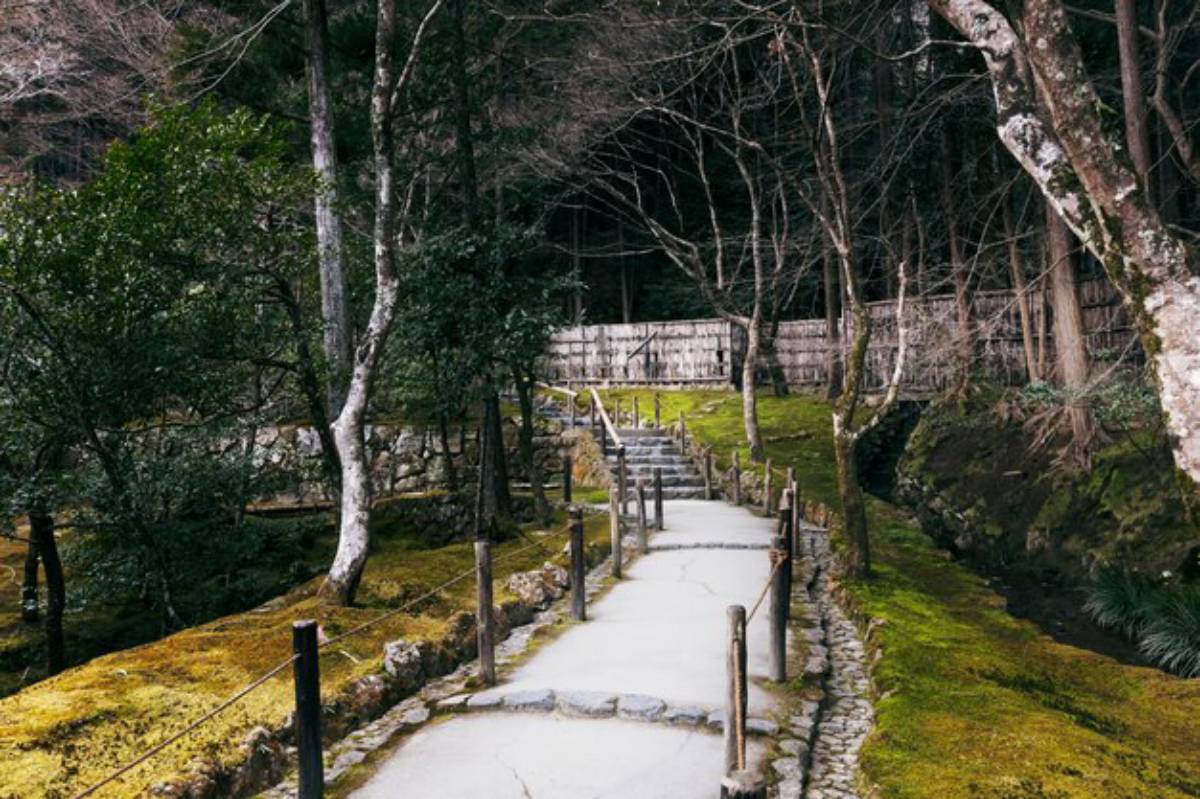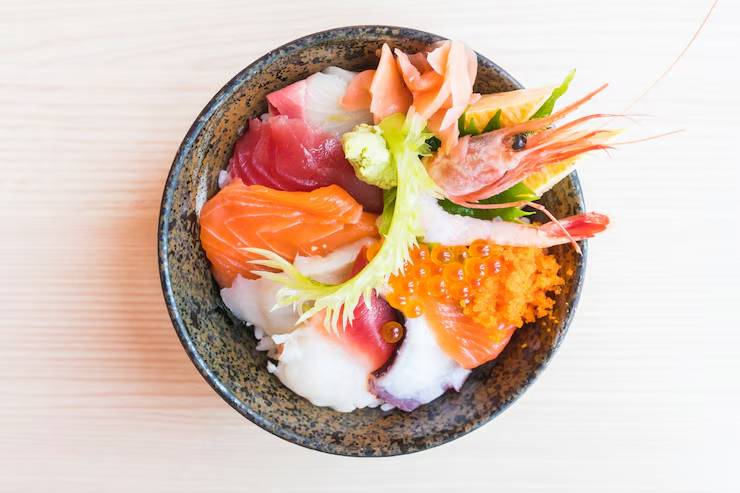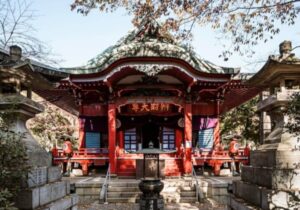The Travel Blog

Kanazawa, Japan: Samurai Districts and Gold Leaf Crafts
Where Time Glitters
Tucked along the Sea of Japan, Kanazawa isn’t usually the first stop on a travel itinerary. Yet, for those who stray from Tokyo’s neon lights or Kyoto’s temple trails, Kanazawa rewards them with a gentler pace and an air of timeless elegance. This is a city where the samurai spirit still whispers through narrow cobbled lanes and artisans delicately apply gold leaf to everyday objects.
In many ways, Kanazawa, Japan, feels like a living museum — but without the glass cases. You don’t just observe history here; you walk through it, touch it, taste it, and wear it. As one of the most culturally rich cities in Asia, it embodies heritage in the most hands-on and heartfelt ways. This blog will guide you through Kanazawa’s most captivating corners, from its impeccably preserved samurai districts to its gleaming traditional crafts.
Why Kanazawa Should Be on Your Cultural Bucket List
A Legacy of Preservation
- Spared from WWII bombings, Kanazawa retains a rare Edo-period authenticity.
- Known as “Little Kyoto”, but with fewer crowds and more artisanal charm.
Gateway to Japanese Craftsmanship
- Renowned for kaga-yuzen silk dyeing, lacquerware, and gold leaf art.
- Home to samurai-era houses and geisha teahouses still in operation.
It’s a city where culture is not just commemorated, but quietly lived.
Wandering Through Samurai Districts
Nagamachi: Where Warriors Once Lived

Just west of Kanazawa Castle lies the Nagamachi Samurai District, a labyrinth of earthen-walled alleys and wooden homes.
Highlights:
- Nomura-ke Residence : The restored home of a wealthy samurai family. Don’t miss the exquisite garden and calligraphy displays.
- Kureha-zaiku Store : Buy handcrafted woodwork made in traditional styles.
- Canal-side paths : Perfect for slow walks under willow trees.
Walking through Nagamachi, you’ll half expect a samurai in hakama to step out and nod politely.
Interested in another beautifully preserved area? You’ll love Shodoshima, Japan: Olive Groves and Angel Road.
The Art of Gold Leaf: Kanazawa’s Shimmering Heritage
Why Gold Leaf?
Over 98% of Japan’s gold leaf is produced in Kanazawa. The city’s name even means “Marsh of Gold”.
Where to Experience It:
- Hakuza Hikari Store : See craftsmen at work and shop for gilded cosmetics, teacups, and even edible gold.
- Gold Leaf Workshops : Try your hand at decorating chopsticks, bookmarks, or washi paper.
Fun Fact : Kanazawa gold leaf is so thin, 10,000 sheets stacked are only 1mm thick!
Traditional Crafts You Can Take Home
Kaga Yuzen Dyeing

- Hand-dyeing silk kimonos using intricate resist-dye techniques.
- Visit the Kaga Yuzen Kimono Centre to watch artists work or try a dyeing class.
Kutani Ware Ceramics
- Bright, painterly porcelain with traditional themes.
- Studios in the area offer both purchase and short pottery experiences.
Lacquerware & Washi Paper
- Bold designs and seasonal motifs on trays, bowls, and writing sets.
Bring a piece of traditional crafts from Japan back with you — made by hands that carry centuries of skill.
A Stroll Through the Higashi Chaya District
The Geisha Quarter
Higashi Chaya is a historic teahouse district with wooden facades and hidden elegance.
What to See:
- Shima Teahouse : Open to the public and gives a glimpse into geisha culture.
- Kaikaro Teahouse : Still active and occasionally hosts guests with geisha performances.
- Gold Leaf Ice Cream : Yes, really — soft serve wrapped in gold!
The area is magical by dusk, with lanterns glowing and shamisen music in the air.
Gardens and Castles: Living Landscapes
Kenroku-en Garden
One of Japan’s “Three Great Gardens”, Kenroku-en is Kanazawa’s green heart.
Why Visit:
- Waterfalls, bridges, seasonal flowers, and the iconic Kotoji-tōro lantern.
- Ideal year-round : plum blossoms in spring, lush greens in summer, red maples in autumn, snow-covered serenity in winter.
Kanazawa Castle
- Adjacent to the garden
- Stunning reconstructed gates and white-tiled turrets
- Offers panoramic city views
This tranquil zone offers an antidote to Japan’s fast-moving metropolises.
Modern Kanazawa: The 21st-Century Twist
21st Century Museum of Contemporary Art
A sleek, circular building that contrasts with the city’s historical hues.
- Exhibits range from Japanese avant-garde to international installations.
- James Turrell’s “Blue Planet Sky” and Leandro Erlich’s “Swimming Pool” are fan favourites.
Kanazawa shows it doesn’t just cling to its past — it evolves with grace.
Culinary Encounters in Kanazawa

Local Dishes You Must Try:
- Jibuni : Duck or chicken stew with mushrooms and wheat flour
- Seafood Donburi : Topped with sweet shrimp, sea urchin, and crab
- Gold Leaf Sweets : Wagashi (traditional sweets) with shimmering finishes
Where to Eat:
- Omicho Market : Bustling stalls, sushi counters, and food-on-the-go
- Teahouses : Try matcha with nerikiri sweets shaped like cherry blossoms
Savour Kanazawa slowly, with all senses alert.
Getting There and Around
Access:
- Shinkansen from Tokyo : Just under 3 hours via the Hokuriku line
- Flights to Komatsu Airport : Regular connections from major cities
Local Transport:
- Walking and cycling : The best ways to soak up the ambience
- Loop Bus : Convenient for the main attractions
Planning your route through hidden cultural hubs? Include Luang Prabang, Laos: Colonial Charm and Spiritual Serenity.
Where to Stay: Authentic to Luxurious
Options for Every Taste:
- Ryokans (Traditional Inns) : Tatami mats, kaiseki meals, and onsen baths
- Machiya Stays : Restored townhouses with modern comforts
- Luxury Hotels : Like Hyatt Centric and ANA Crowne Plaza
Booking ahead is wise during the cherry blossom or autumn foliage seasons.
Tips for the Thoughtful Traveller
- Etiquette : Bow politely, remove shoes indoors, and be punctual
- Cash Culture : Still prevalent, so carry yen
- Language : Basic Japanese phrases go a long way
Kanazawa welcomes you warmly — just step in with curiosity and care.
Conclusion: A Gold-Leafed Journey Through Time
Kanazawa, Japan, is not loud or sprawling. It doesn’t compete with Tokyo’s neon or Kyoto’s fame. Instead, it invites you to listen: to the scratch of a potter’s brush, the crunch of snow in a silent samurai lane, the whisper of silk in a teahouse.
Here, the past isn’t frozen in time — it’s lived, daily, with pride and precision.
So if you’re seeking more than snapshots, if you’re after depth over dazzle, let Kanazawa be your next cultural sojourn.
Ready to meet Japan’s quieter soul?
Share your favourite traditional craft in the comments, or tag a friend who needs this serene adventure in their life.









